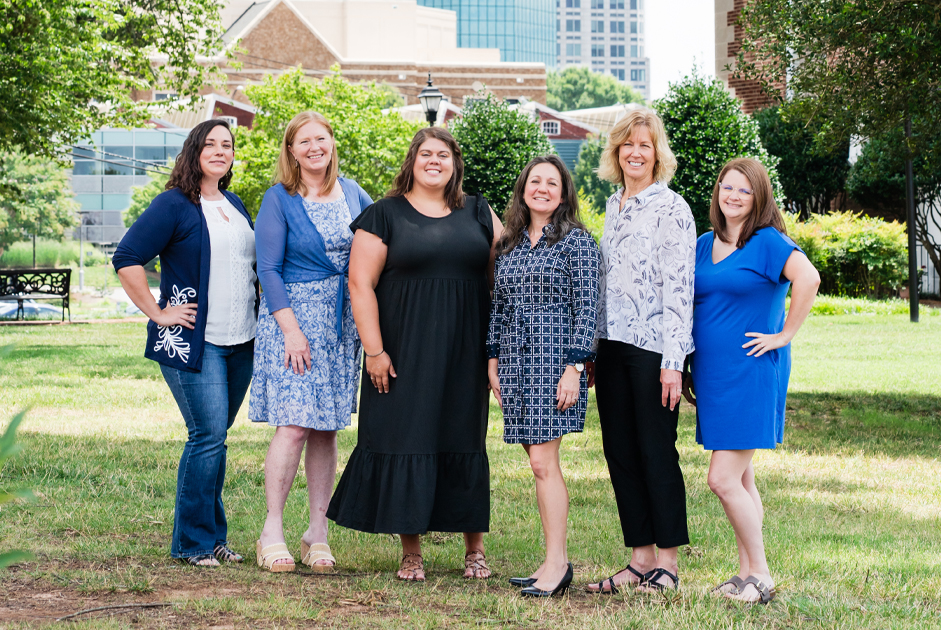In the days when potty training and tying shoes were the first few milestones, parents imagined a burst of confetti to celebrate the triumphant occasion. In the blink of an eye, the routine of daily life prepared for yet a new event, a child stepping into adulthood. “Letting go” started long before teens left home with luggage, love, and promises. The freedom to fly independently resulted in many crashes and squawking conversations. Beyond rules of governance and law, household basics, shopping practices, and the values of a balanced budget, there are other valuable lessons teens need to consider.
Communication Skills: Every face-to-face meeting offers an instructive lesson in communication, whether the individual is a friend, acquaintance, colleague, or boss. Beyond the need to understand and recognize nonverbal cues and verbal implications, leadership requires the ability to listen, think, and use direct eye-contact when engaging in conversation. Take the opportunity to talk to people who are older or younger than you. Reflecting upon those practice sessions, you will feel better prepared for face-to-face meetings, especially job interviews.
Relationships with Others: Recognizing vicious cycles is helpful for teens to understand their actions, and most importantly, to free themselves from unhealthy people. As social creatures, we admit friends into our circle, and it’s perfectly natural; however, we should set conditions. Teens must ask themselves, “What qualities define friendship? And, if a situation crosses the boundary, will I accept the natural consequences, or confront the issue?” Friends must know your expectations and be allowed a chance to prove themselves worthy of your friendship. The integrity of self should never be degraded. But if you are surrounded by positive relationships, these can offer great happiness and support in the worst of times.
Self-Responsibility: Actions and behaviors result in consequences that belong to no one other than one individual—you! Self-responsibility involves a wide range of areas, such as employment, finances, social media practices, consideration of others, and especially returning calls, reading the fine print, and taking the time to ask essential questions. Never leave a meeting wondering what, exactly, was decided, or remaining uninformed, and always investigate the conditions of a signed document.
When an action or behavior is linked to money and livelihood, actions can result in serious consequences, whether positive or negative. The best part of self-responsibility is accepting a mistake and learning from its outcome.
Social Media and Safety: If we don’t use proper precautions, technology is a dangerous tool. Settings, for instance, should not include contact information such as your place of business and residence, phone numbers and e-mail addresses. Even with a “friends only” setting, hundreds of people are watching and witnessing every byplay of life. By not showing off possessions or explaining routines or locations, you can protect yourself as well as others in your living arrangement.
Safety expands beyond what to do in cases of emergency. Proactive measures and practices are essential and need to be openly discussed. Most importantly, establish safety connections with friends and roommates. When it is possible, travel in a group. And, always let trusted individuals know an approximate time to expect you.
Goal Setting:
Day-to-day activities can be exhausting and overwhelming. To feel in control, consider establishing daily or weekly short- and long-term goals, such as determining how to balance work, friends, family, and time for self, or saving money to eliminate using a credit card. Through goals and set promises, young adults can feel good about accomplishments or gain self-confidence from overcoming unexpected obstacles.
Continue to Ask Questions
While the need to be independent is a goal, remember, dear Teen, those who raised you are but a phone call away. Don’t forget to ask important questions about health and first aid, car maintenance, best practices, and tips about grocery shopping, removing stains, balancing budgets, and saving money. Older siblings and cousins can help as you think through ideas. Enjoy the days of home-cooked meals and the feeling of comfort when home. One day you will be appreciative of the effort your family made while you lived at home. The transition to adulthood will arrive soon enough!




















